AO Edited
Gastro Obscura
An Chodyè La
A Caribbean chef recreates his enslaved great-great-grandmother's dishes inside the home she purchased after buying her freedom.
On an unassuming Pointe-à-Pitre street sits a quaint, bright-turquoise building that offsets Guadeloupe’s dark history of colonialism. An Chodyè La’s daily rotation of hearty, flavorful soups speaks not only to the French-Caribbean island’s diverse population, but to the resilience of its people.
In an interview with Saveur, Jean-Claude Magnat, the chef behind An Chodyè La, said that the culinary makeup of his soups is rooted in the island’s history of slavery. As families survived on their enslavers’ leftovers, they married the vestiges of lavish meals in a pot with water and set everything to boil. Over time, these cooks infused a variety of their own heritage flavors and techniques into such soups.
If An Chodyè La feels homey, with its local art and welcoming atmosphere, that’s because it’s actually located inside a house. Magnat’s soups are recreations of recipes originally made by his great-great-grandmother, Lucille Deris, and served out of the building she once called home. According to Garden & Gun, Deris worked washing clothes to eventually buy both her freedom and her first house in the early 19th century.
Today, the cafe’s menu is conveyed verbally, an oral presentation of the colonial culinary mashup: traditional Caribbean lambi, oxtail soup, sea-snail soup, lobster bisque, and ouassous giraumon, a pumpkin soup with freshwater shrimp. It all adds up to a nice break from some of the island’s more carb-heavy or fried offerings.
Know Before You Go
The cafe is known to some locals as "Kaz a Soup," so don't be surprised if you hear it called that name as well.
Plan Your Trip
The Atlas Obscura Podcast is Back!


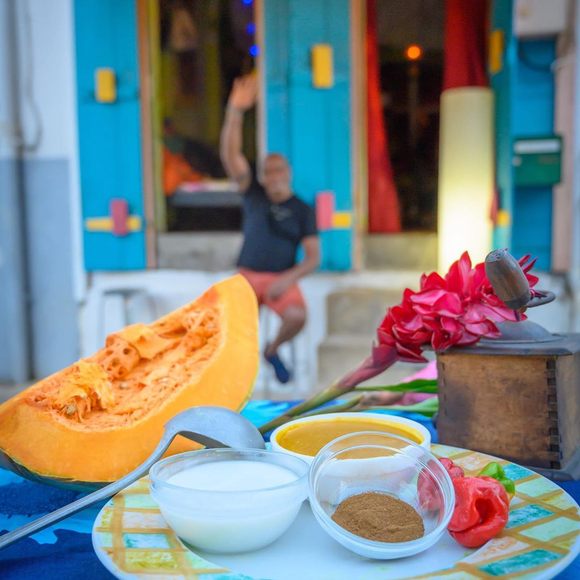



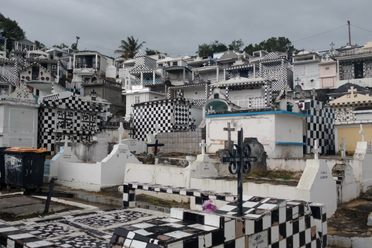
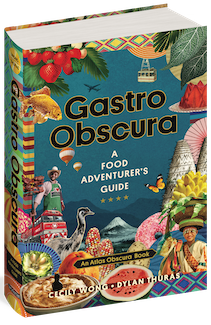



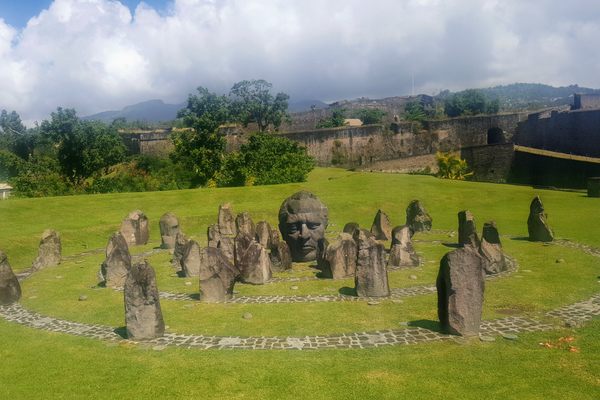





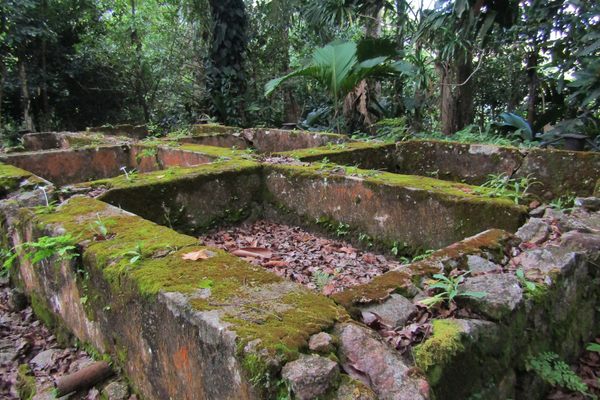
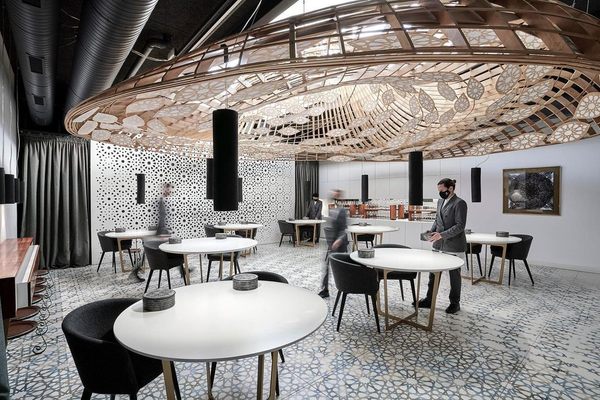
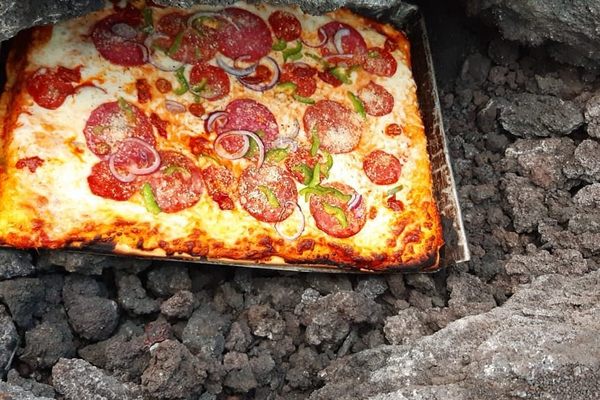

Follow us on Twitter to get the latest on the world's hidden wonders.
Like us on Facebook to get the latest on the world's hidden wonders.
Follow us on Twitter Like us on Facebook